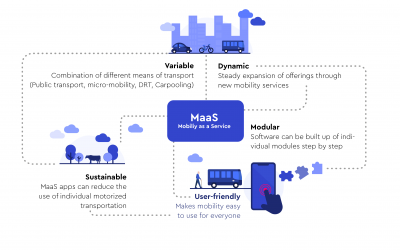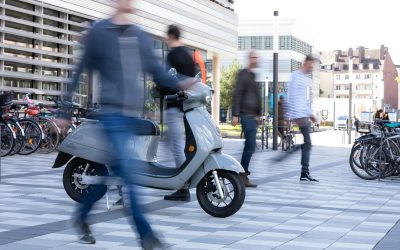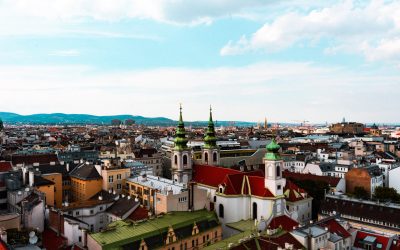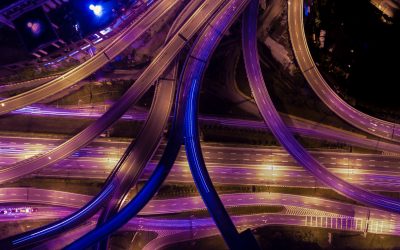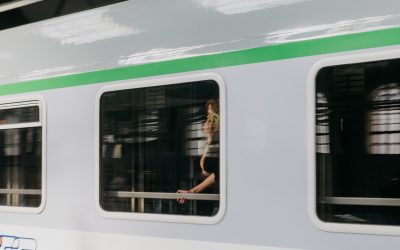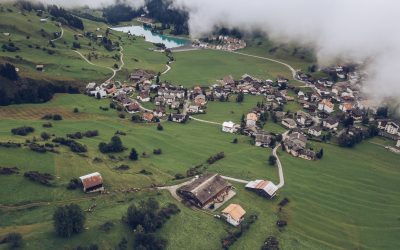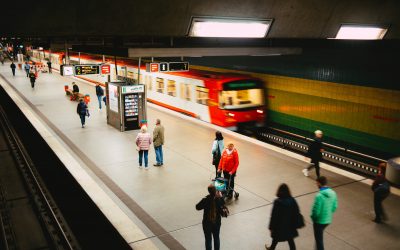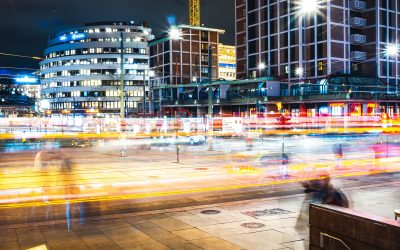Whenever we talk about the transport revolution and the associated restructuring of public transport, we cannot avoid the term « Mobility as a Service », abbreviated MaaS. But what exactly is « MaaS » and how can the digital approach help to sustainably advance the transport revolution?
Digital rail and on-demand rail replacement services
In Germany, up to 125 kilometres of rail are to be modernized by 2025. During the modernization, passengers will have to switch from rail to rail replacement services. This is also the case for passengers on the Stuttgart S-Bahn, while the main line there is being modernized this summer. Nevertheless, this rail replacement service is different, because: On weekends and weekend nights, it is main line offline – S-Bahn On-Demand online.
Green Fleet
/ New point of view Since around 68% of commuters in Germany travel to work by car, companies also have a responsibility to rethink mobility and restructure their existing mobility offerings. ...
The Vienna Model
Vienna’s public transport system is among the best in the world. The network is dense and the frequency is tight. It is so well developed that you don’t even need to know the timetable. A total of 2.61 million people are transported from A to B by public transport here every day. The popularity can also be seen in the modal split, because: The public transport users have overtaken the car drivers. Around 38 percent of the distances are covered by public transport, while « only » 27 percent are covered by car. But what makes vienna different from other cities?
Mobility in the city
An ever increasing urbanization of our society is clearly visible. Young people in particular are increasingly moving their centre of life from rural regions to the cities. In addition, there are many commuters who do not want to live directly in the urban jungle, but who find well-paid jobs mainly in the cities. This congestion in the cities and the associated additional traffic flows have consequences – especially for our increasingly grey planet. But what challenges must urban public transport face in times of the mobility change? And what role will it itself play in this?
What’s green? The Deutsche Bahn
/ Sustainability journey in full swing Why we need to improve, especially in mobility matters, is obvious. The use of motorised private transport is causing noise and air pollution. The...
Modern mobility in rural areas
Almost 16 million people live in rural regions throughout Germany. For them it is often a difficult task to get from A to B by public transport. After all, rural regions are at the back of the queue when it comes to expanding public transport. But why is the accessibility of these regions so poor and public transport hardly an alternative? How can it be guaranteed that people living in rural areas can also be mobile in a climate-friendly and cost-effective way?
Mobility between effectiveness and efficiency
Don’t worry, in this article we will not refresh the basics of business studies again. Rather, we would like to examine the extent to which the theory, which may already be somewhat dusty but is still valid and authoritative, can be combined with our daily practice, the transformation of public transport.
With digital solutions towards profitable public transport
Mobility is often still a resource-intensive undertaking – in every respect: Too many cars on the road cause a high level of environmental pollution, loosely set timetables mean an immense loss of time and excessively large containers and empty runs – especially in rural areas and at off-peak times – take their financial toll.
What are our neighbours up to? – New Mobility in Europe
Not only in Germany is the mobility of the future a central topic which is constantly gaining knowledge and alternative solutions. Looking over to our neighbours such as Sweden or the Netherlands shows that new mobility concepts are developing and establishing themselves in different ways in Europe.
Support your locals – Now more than ever
In times of Corona, many companies and especially small shops, restaurants, cafés etc. are currently experiencing a massive drop in sales. But in order for us to still be proud of a colourful neighbourhood with a wide range of offers even after Corona, the principle of « Support your locals » applies now more than ever!
Mobility is a matter of mind #stayconnected
We are always on the run: After work to our favorite place in the city, in the middle of the week to a business appointment once across the republic, on the weekend a short trip to a European metropolis and in the Easter holidays family vacation in the mountains…
Newest article
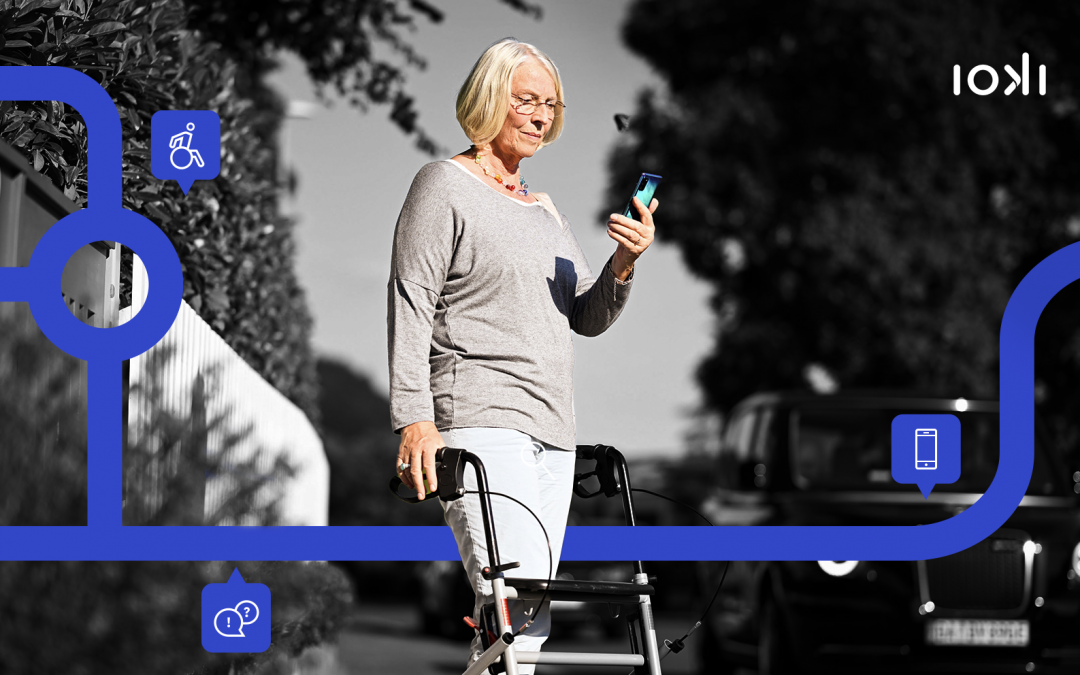
Senior-friendly public transport: What should age-appropriate public transport look like?
Europe’s population is ageing. in 2019, more than a fifth (20.3 per cent) of the EU-27 population was at least 65 years old. And the trend is still rising. Demographic change is a challenge for public transport, but it can also be an opportunity for growth with a customised mobility offer for senior citizens. After all, if older people no longer drive, they are increasingly dependent on public transport in order to continue to actively participate in social life.

